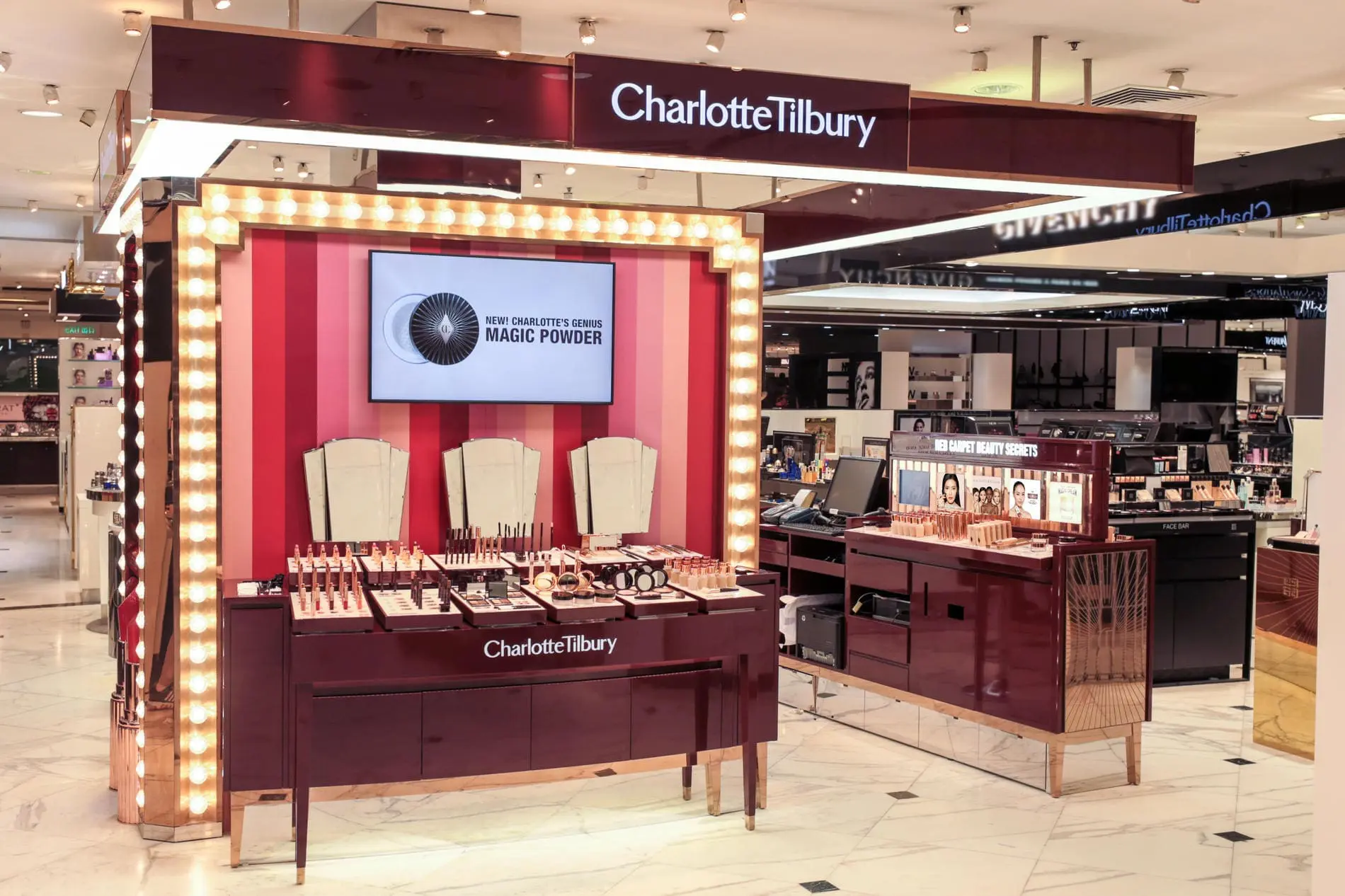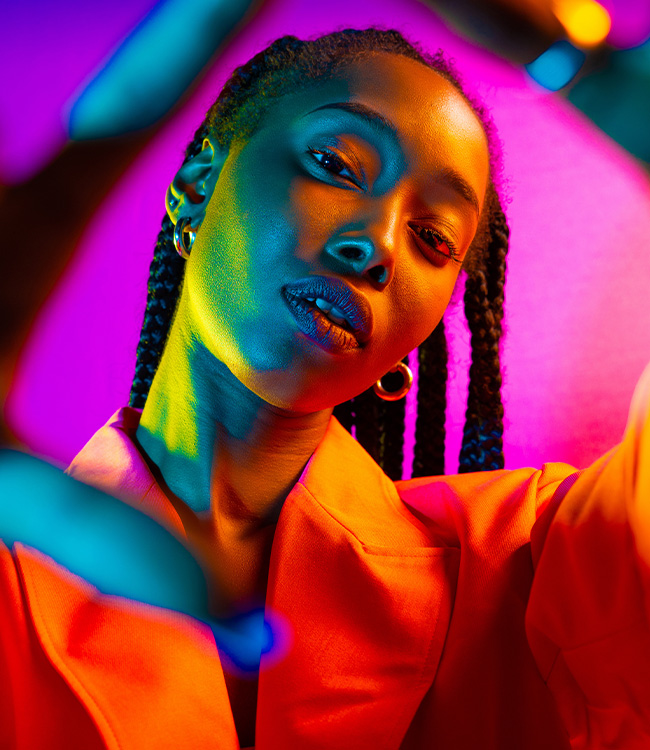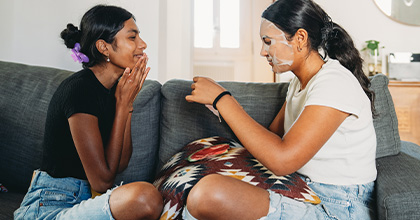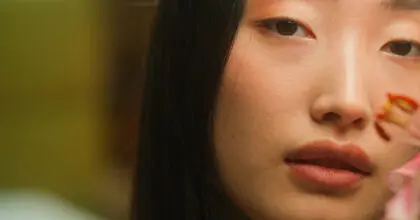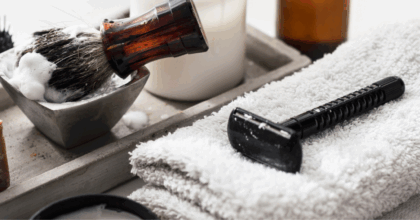This week as Spanish fashion and fragrances group Puig confirms that it is set to acquire a majority stake in the UK-based Charlotte Tilbury, we examine the future of independent beauty brands.
In today’s fast-moving beauty landscape, independent brands rarely stay independent for long. Big businesses are snapping up small, independent brands at a rate of knots, looking to capture the hype and excitement these brands now generate.
The rise of online is fuelling the trend, giving consumers access to more beauty brands than ever before, meaning they no longer need to rely on the limited selection of brands available in their local stores. As a result, brand loyal is softening and consumers have become more willing to experiment with the latest beauty brands. Confirming this appetite for experimentation, more than a third of female colour cosmetics buyers in the UK have bought a product in the last year without trying it first.
Charlotte Tilbury Makeup Counter
Source: Charlotte Tilbury
The appeal of new brands
Charlotte Tilbury is a perfect example of how new brands can quickly gain traction. Despite only being founded in 2013, it is a global brand with a global reach. In the UK alone over half of women have heard of the brand, whilst one in ten have used the brand, with this brand awareness and usage testament to the brand’s strength in the colour cosmetics category.
Magic Vanish Color Correctors from Charlotte Tilbury
Source: Charlotte Tilbury
Charlotte Tilbury has successfully differentiated itself in a crowded category, and consumers think the brand is glamorous and high quality, which has helped the brand far outpace growth in the wider colour cosmetics category.
Its acquisition will, therefore, help Puig strengthen its position in the beauty market, particularly as the company is better known for its fragrance business, so the move heralds a new era for Puig, one with a lesser reliance on any one beauty category.
More beauty takeovers to come
Although Charlotte Tilbury was one of the largest independent beauty brands on the market, making it an attractive acquisition, it is unlikely to be the last high-profile acquisition in 2020. Big beauty businesses will continue to acquire small independent brands to reach new consumer groups and COVID-19 will hit small independent brands, making takeover bids from big businesses much more attractive.
Although there are a few notable exceptions, such as KKW, Huda Beauty and Pat McGrath Labs, independent colour cosmetics brands are fast becoming a rarity, meaning the focus is likely to turn to the skincare category, where independent brands such as BYBI, Versed, Summer Fridays, Herbivore Botanicals and The Inkey List continue to gain traction, engaging consumers with sustainable, clean and innovative trend-led formulas.
